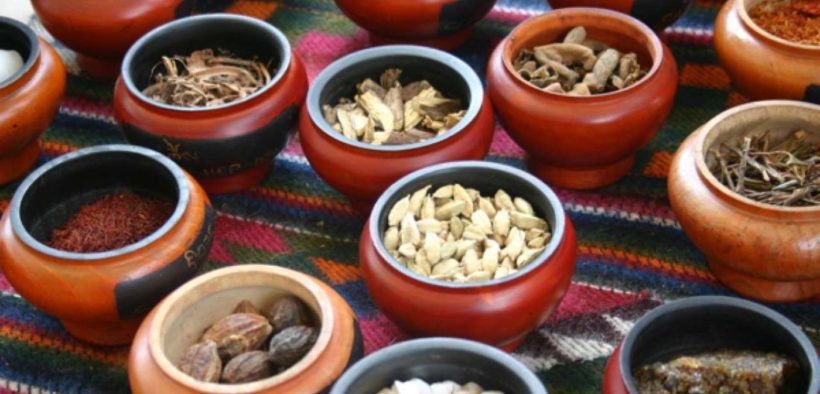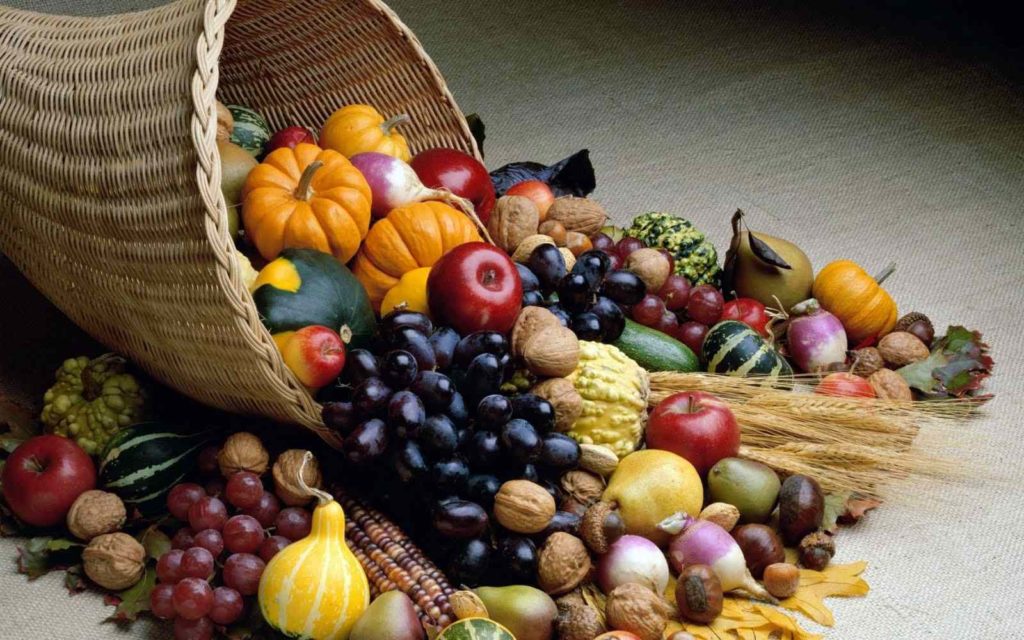Eat Healthy To Stay Healthy

More fruits and vegetables, especially of the cruciferous kind, can help keep cancer at bay
By Dr Ulhas Ganu
From what we have seen so far, we know that food is a complex matter. While energy needs are continuous, eating cannot be a continuous process. Hence, having a depot, from which the body can withdraw nutrients as and when needed, is a must. While there are different depots for sugar (as glycogen in the liver) and body fat, the fat, in turn, works as a depot for fat-soluble vitamins, Vitamins A, D, E, and K. Major water-soluble vitamins are the Vitamin B Complex family and Vitamin C. It is important to remember that our body uses water-soluble vitamins that it needs; the excess cannot be stored and are excreted in due course.
On the contrary, fat-soluble vitamins are stored for long. If we take higher doses of fat-soluble vitamins regularly, it can result in hypervitaminosis and toxicity. That’s why having vitamins from natural food could be safer than using readymade formulations.

Whether a vegetarian or a non-vegetarian diet is better has been a contentious issue. One side may argue that meat is bad for the heart, cholesterol levels, and other health markers, those on the other side argue that vegan and vegetarian diets are short on nutrients. While vegetarian diets exclude meat, poultry, and fish, vegan diets exclude all animal products including milk and milk products like cheese and even, honey.
It has been reported that consuming red meat like beef, lamb or pork increases cancer risk though there is no conclusive proof that meat is directly responsible for increased cancer occurrence. Yet, epidemiological studies do indicate that eating too much meat, especially processed meat, can increase one’s risk for certain types of cancers, including colon cancer and oesophageal cancer. That’s possible because processed meats—bacon and hot dogs—contain chemical preservatives that may increase cancer risk.
For example, 2,609 cases of colorectal cancer were studied, over an average of 5.7 years of follow-up, in the prospective study on diet and colorectal cancer (published in April 2019, UK Biobank). Participants who reported consuming an average of 76g/day of red and processed meat had a 20 percent higher risk of colorectal cancer, compared with those who consumed 21g/ day. Alcohol was associated with an 8 percent higher risk per 10 g/day higher intake. Fish, poultry, cheese, fruit, vegetables, tea, and coffee were not associated with colorectal cancer risk.

Another report, a meta-analysis for the highest versus lowest categories of meat consumption, showed that red meat and processed meat were positively associated with gastric cancer risk, while white meat consumption was negatively associated with gastric cancer risk. Further studies are required to identify these associations.
Obviously, it is not possible to shut out food types when the data is less than convincing. Hence, the next best thing is to look for an umbrella, if any, available in the form of antioxidants. Scientists have been consistently working on this theory for decades by recommending the option of including fruits and vegetables in the diet. There is a great interest in low-calories cruciferous vegetables, which are rich in folate, vitamins C, E, and K, and fiber.
Cruciferous vegetables are vegetables of the family Brassicaceae (Cruciferae) with many genera and species being raised for food production, such as cauliflower, cabbage, garden cress, broccoli, Brussels sprouts, and similar green, leafy vegetables. These vegetables have been linked with many health benefits, such as a reduced risk of cancer and heart disease. A higher intake of cruciferous vegetables may also be associated with a lower risk of colorectal cancer.
People with hypothyroidism are cautioned as very high intakes of cruciferous vegetables, such as cabbage and turnips have been found to cause hypothyroidism (insufficient production of thyroid hormones) in animals. Poor iodine absorption is the likely reason for this hypothyroidism, though at amounts of broccoli we are less likely to consume.
In short, eat healthy to stay healthy is the mantra of the day.
Also read about
Clean Food For Health
Nutritious Protein
















